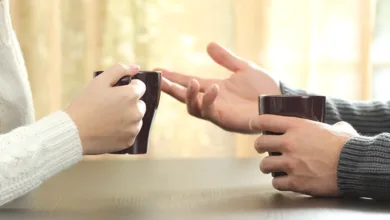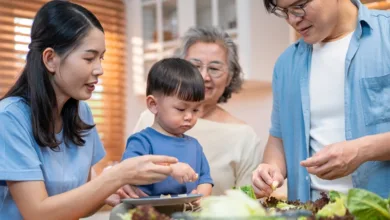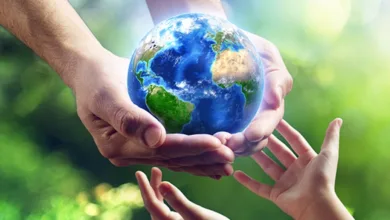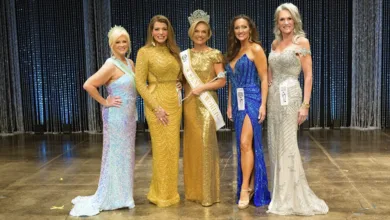Is Wine Relevant in the TikTok Age?
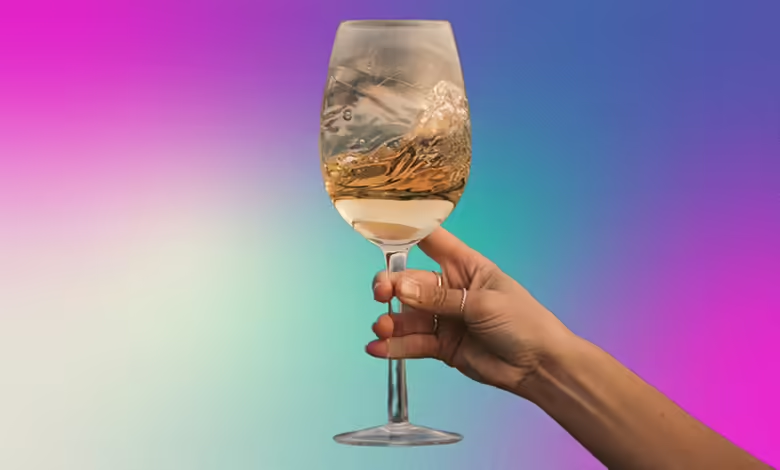
Fleeting trends dominate the TikTok era, including in the beverage sphere, where younger consumers look for diversity and healthy options. This poses new challenges for the wine industry, leading to debates about wine’s relevance. However, a deeper analysis reveals a more nuanced picture of wine’s changing role in our cultural landscape.
Shifting perceptions of alcohol
While TikTok sometimes breeds dangerous drinking challenges, it also offers opportunities for education about responsible drinking.
Sommelier Warner Boin polled her TikTok audience on the idea that alcohol is “poison.” This perspective is reinforced by the World Health Organization, which says that no amount of alcohol is safe. Nielsen data shows that 45% of Gen Z consumers (those over 21) report they’ve never consumed alcohol. This presents both challenges and opportunities for the wine industry.
For example, Dr. Laura Catena, a physician and fourth-generation Argentine vintner, launched the In Defense of Wine website to educate consumers about wine’s health aspects and address misinformation.
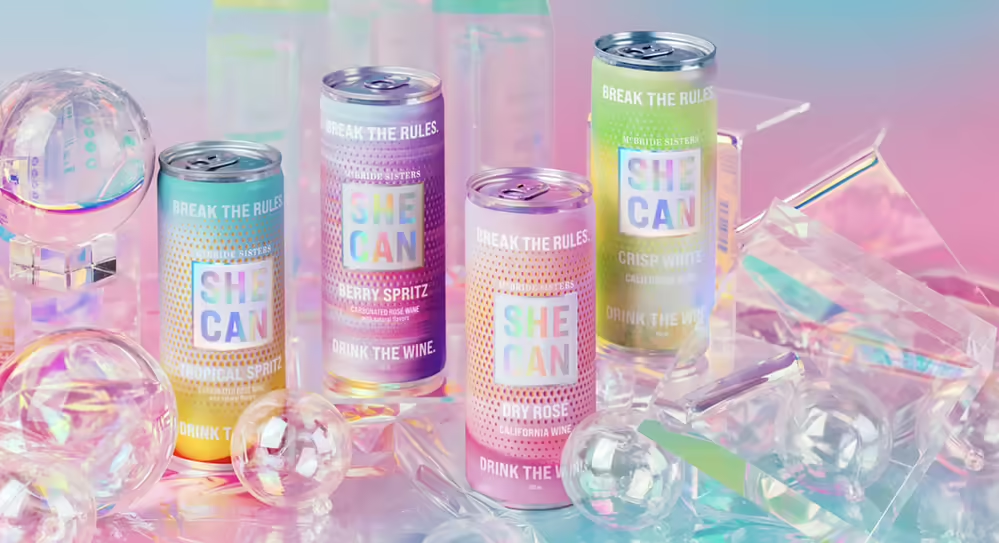
The democratization of wine culture
The belief that wine is elitist persists. However, that reputation is changing as more inclusive spaces and diverse representation occur. Additionally, the wine industry has been slow to adapt while craft cocktails and non-alcoholic spirits have grown.
Today, low-alcohol or non-alcoholic wine options exist, along with new packaging such as cans. For example, the revered Champagne house Billecart-Salmon joined with the alcohol-free brand Jukes to create a luxury alcohol-free wine. McBride Sisters launched canned wines with their SHE CAN line.
Virtual tastings, wine apps, and online communities such as #WineTok bring wine exploration to younger wine drinkers. Through these communities, it’s easier than ever to find a wine tribe.
Custom wine tourism is booming in new regions. Instead of boring wine tastings of old, younger generations want cultural explorations and memorable visits that promote sustainability and connection.

Global fusion and cultural exchange
Food and wine have gone global, producing exciting new wine and cuisine pairings, unlike rigid old rules. Sushi with Sauvignon Blanc or a sake cocktail? Tacos with Tempranillo or a crushable sangria?
China’s emergence as a significant player in the global wine market has led to wine’s integration into traditional social practices. Japanese winemakers experiment with local grape varieties to create unique wines that pair perfectly with traditional Japanese cuisine.
Sustainability and social impact
Vineyards are at the forefront of combatting climate change, with many wineries adopting sustainable and regenerative practices. A focus on environmental stewardship resonates with younger consumers who prioritize sustainability.
Many organizations promote environmentally friendly practices: Demeter, Sustainability in Practice (SIP), and International Wineries for Climate Action, to name just three.
Younger consumers want to support companies that align with their values, and wine sits at the intersection of sustainability, regeneration, and social impact—far better than spirits and beer.
Dr. Laura Catena, a physician and fourth-generation Argentine vintner, launched the In Defense of Wine website to educate consumers about wine’s health aspects and address misinformation.
A changing wine culture
Wine’s role is evolving to embrace diversity, sustainability, and digital tools. Wine’s future lies not in clinging to tradition but in adapting to new realities while preserving its rich heritage.
Consumers have the power to shape this future. Whether you’re a sommelier or a curious newcomer, you can explore wine and support healthy habits. Wine is a communal beverage, and even the TikTok generation values community.


